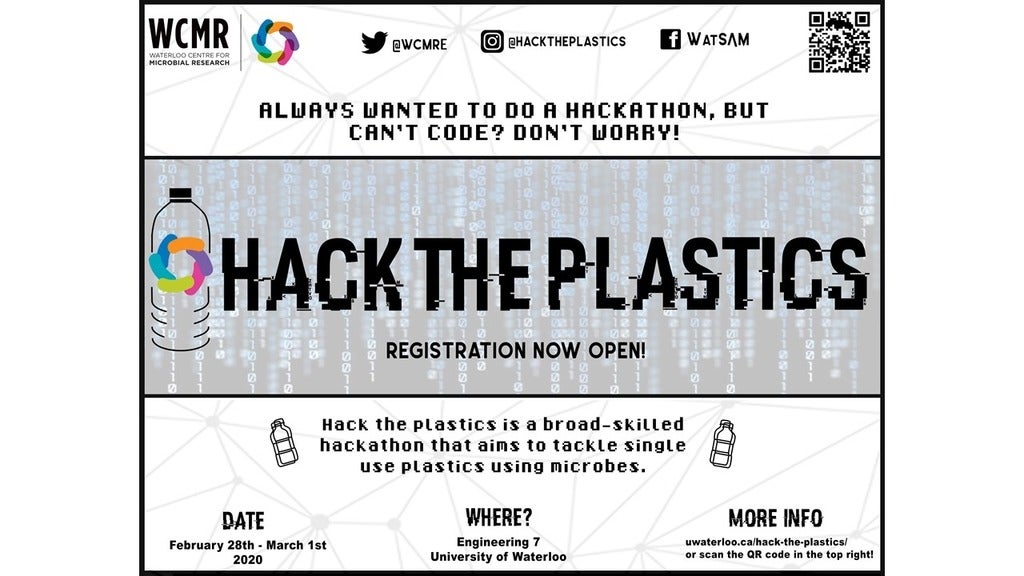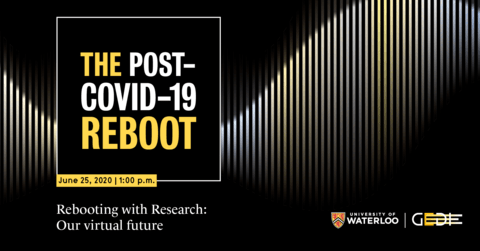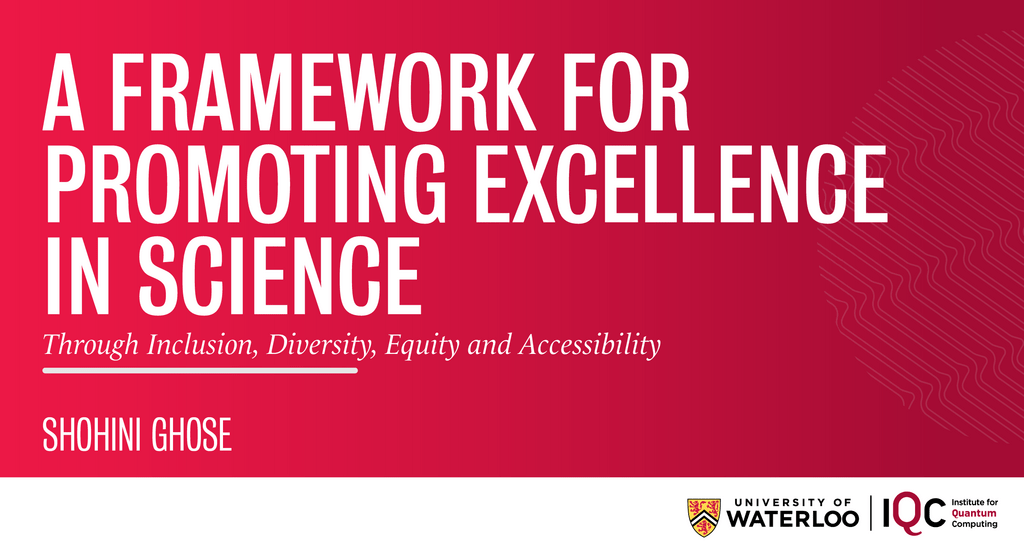Hack the Plastics
Have you ever wanted to join a hackathon, but thought it was only for coders? Well, Hack the Plastics wants you! Hack the Plastics is a broad skilled hackathon that does not require a coding based final product and will happen from 28th Feb – 1st March, 2020 at the University of Waterloo. You will be tackling ways to fight single use plastic pollution using microbes and producing a technical solution, business plan, and pitch.


 On the 19-20th November, 2020, the Waterloo Institute for Nanotechnology (WIN) will host the “International Workshop on Nanotechnology for a Sustainable Future”.
On the 19-20th November, 2020, the Waterloo Institute for Nanotechnology (WIN) will host the “International Workshop on Nanotechnology for a Sustainable Future”. 

